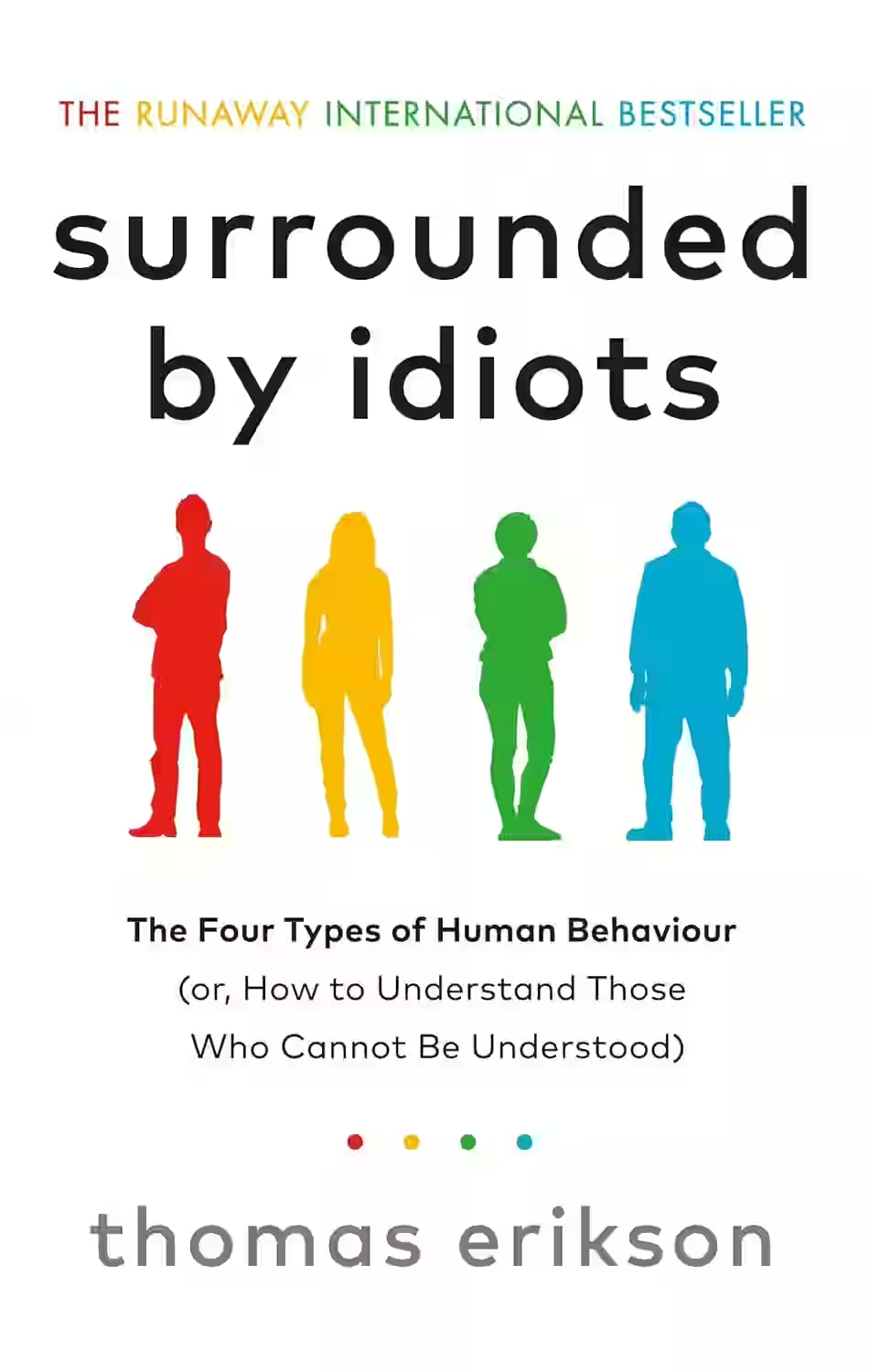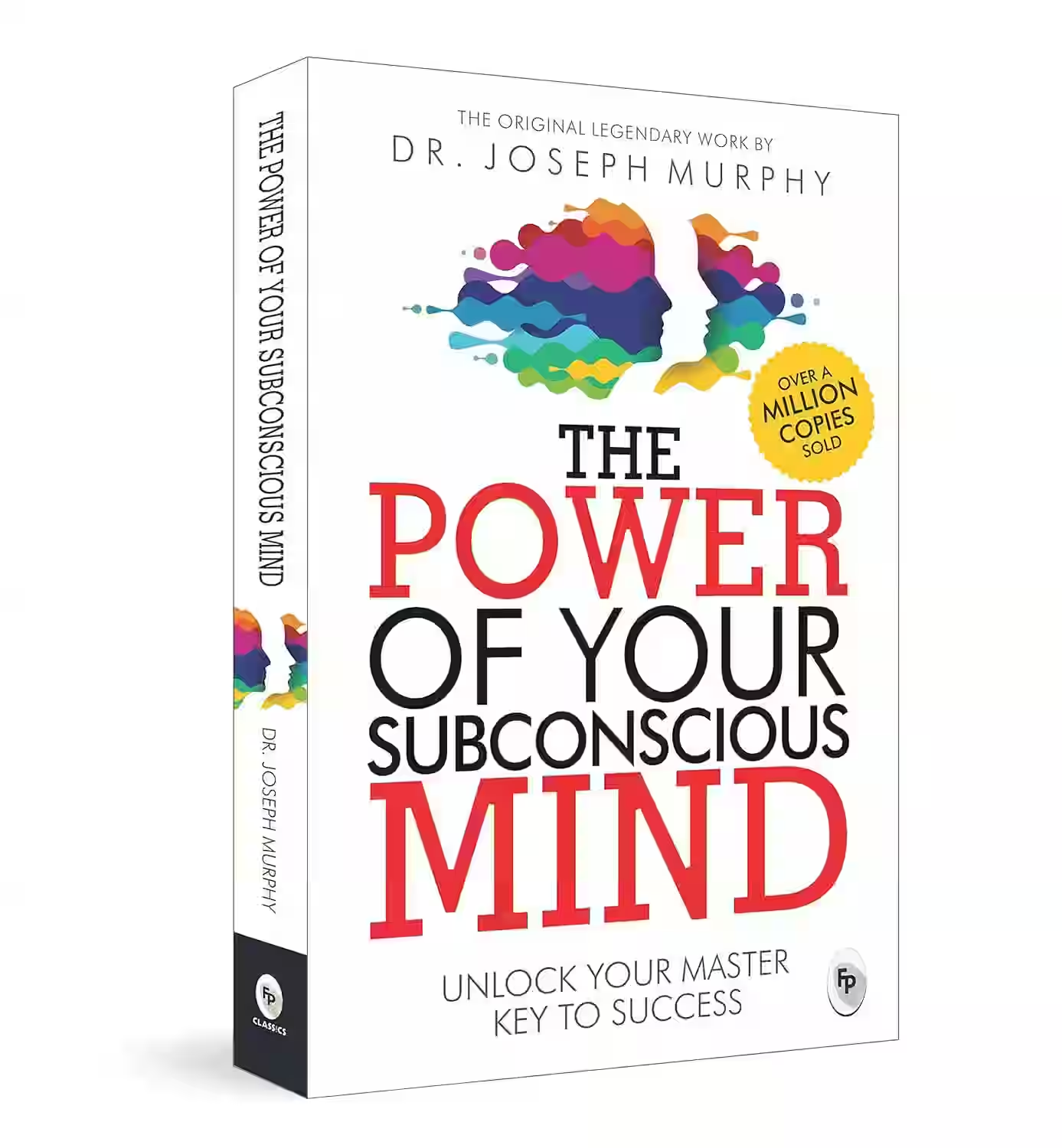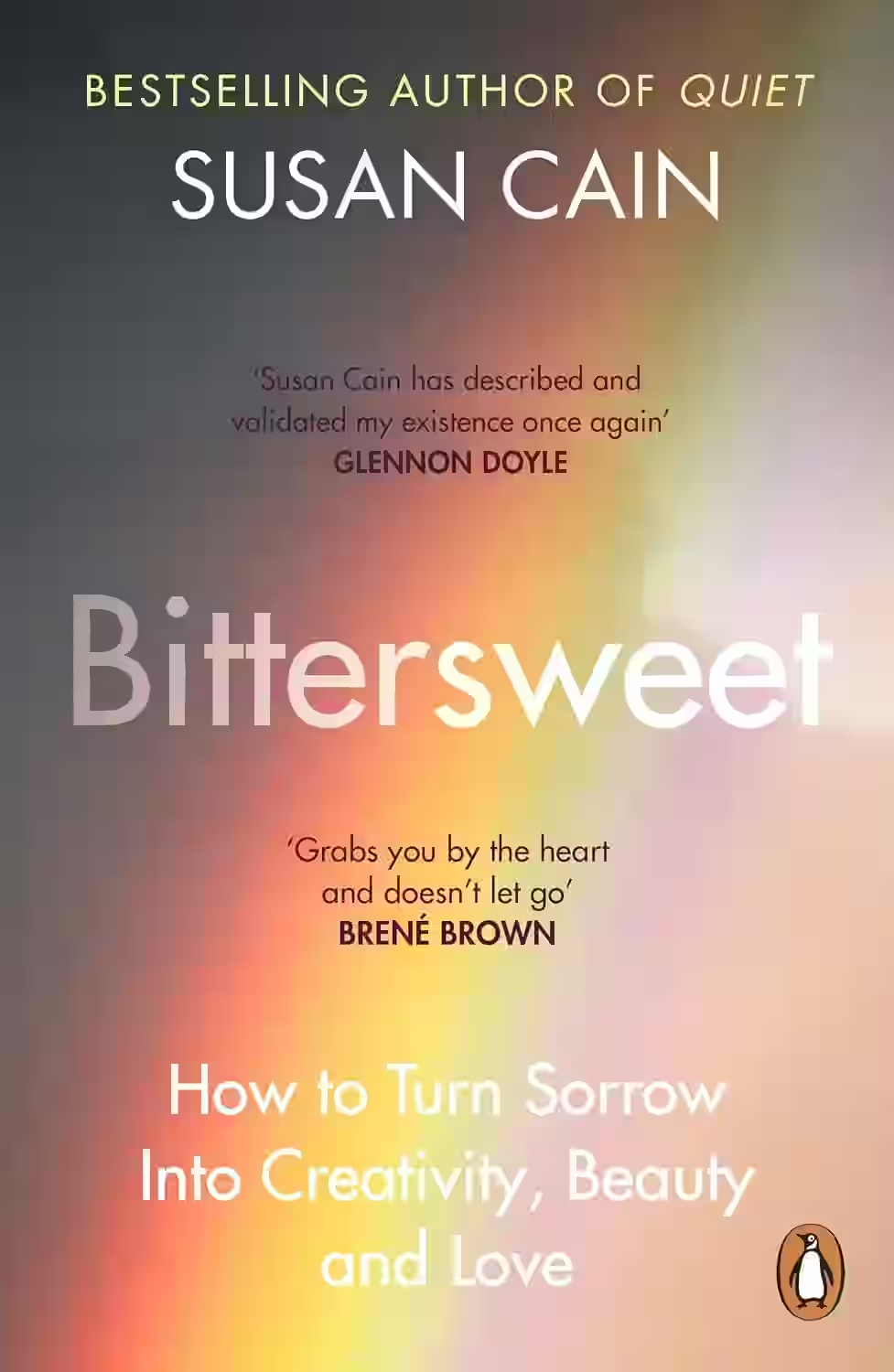
In Surrounded by Idiots, Swedish behavioral expert Thomas Erikson categorizes human behavior into four color-coded types—Red, Yellow, Green, and Blue—based on DISC personality theory. The book explains how to identify and communicate effectively with different personality types, both at work and in everyday life. Using anecdotes and humor, Erikson helps readers understand conflicts, improve teamwork, and enhance self-awareness. While simplified, it offers a practical framework for decoding behavior and adapting communication styles for better relationships.
About Thomas Erikson
A Swedish behavioral expert, lecturer, and author, best known for his popular self-help book, Surrounded by Idiots: The Four Types of Human Behavior (or How to Understand Those Who Cannot Be Understood). His work categorizes human personalities into four color types (Red, Yellow, Green, Blue) to help readers understand and improve communication and relationships. Erikson's accessible and often humorous approach to behavioral psychology aims to reduce conflict and foster better understanding in personal and professional settings.
Similar Books

The Power of Your Subconscious Mind
In The Power of Your Subconscious Mind, Dr. Joseph Murphy gives you the tools you will need to unlock the awesome powers of your subconscious mind. You can improve your relationships, your finances, your physical well-being. Once you learn how to use this unbelievably powerful force there is nothing you will not be able to accomplish. Join the millions of people who have already unlocked the power of their subconscious minds. I urge you to study this book and apply the techniques outlined therein; and as you do, I feel absolutely convinced that you will lay hold of a miracle-working power that will lift you up from confusion, misery, melancholy, and failure, and guide you to your true place, solve your difficulties, sever you from emotional and physical bondage, and place you on the royal road to freedom, happiness, and peace of mind.- Dr. Joseph Murphy

The Courage To Be Disliked
by Ichiro Kishimi, Fumitake Koga
This bestselling Japanese philosophy book presents a dialogue between a philosopher and a young man, exploring ideas based on Alfred Adler's psychology. It argues that happiness lies in the courage to be true to oneself and to reject the need for approval from others. Through a Socratic conversation, it challenges readers to let go of past trauma, take personal responsibility, and live with freedom. The book encourages breaking free from societal expectations and embracing a more purposeful, self-directed life.

The Untethered Soul
The Untethered Soul is a spiritual and psychological exploration of consciousness, identity, and inner freedom. Michael A. Singer invites readers to observe their thoughts and emotions without attachment, helping them transcend internal limitations and live in the present moment. Drawing from mindfulness and Eastern philosophy, the book emphasizes awareness as the key to personal liberation. Through practical guidance and reflective questions, Singer teaches how to release fear, embrace stillness, and cultivate peace regardless of external circumstances. The Untethered Soul offers a deeply calming and transformative approach for anyone seeking to quiet their mind and reconnect with their deeper self.

Bittersweet
by Susan Cain
In Bittersweet, Susan Cain examines the power of embracing sorrow and longing as essential aspects of the human experience. She argues that acknowledging and accepting these emotions can lead to greater creativity, connection, and fulfillment. Drawing on research and personal anecdotes, Cain challenges the cultural emphasis on constant positivity, advocating for a more nuanced understanding of happiness. The book offers a compelling perspective on the value of melancholy and its role in leading a meaningful life.